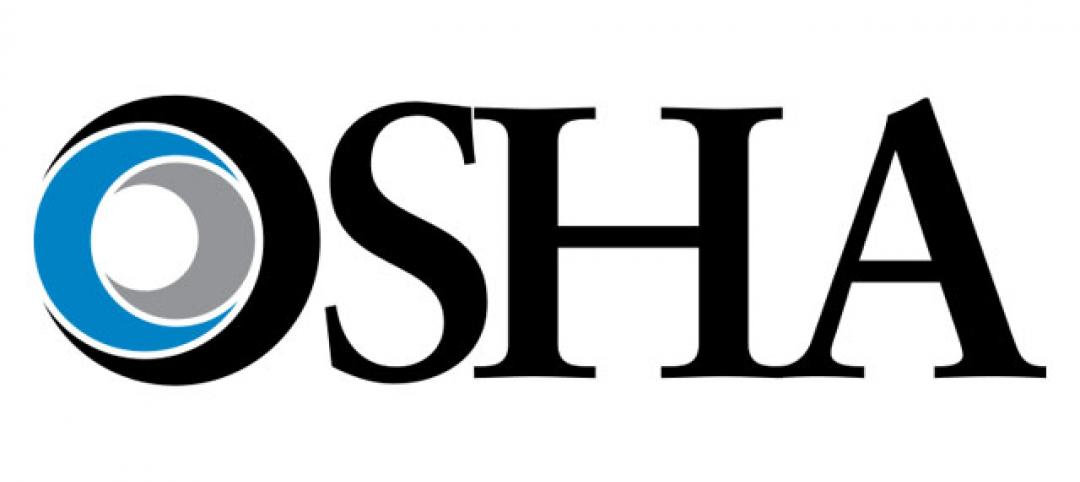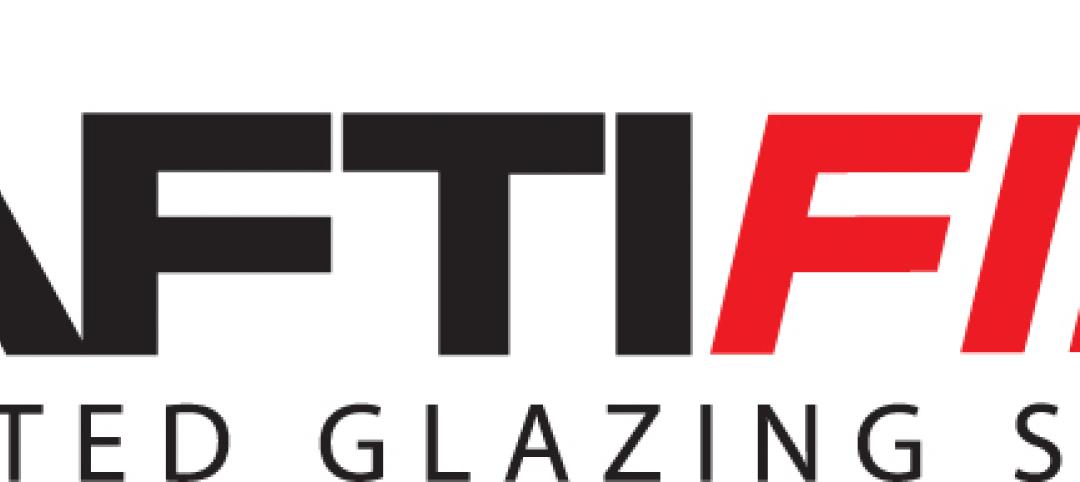During the Covid-19 virus crisis, it is important for contractors to protect themselves from possible legal action by adhering to the provisions of current contracts, lawyers advise.
“The virus and its economic impact will almost alter pre-existing plans for owners, developers, general contractors, subcontractors, and everyone else down the chain,” according to Balch & Bingham LLP. “While many are understanding of these circumstances, there are ways to ensure you are protected going forward.” They advise:
· Review on-going contracts and locate their delay, force majeure, change order, termination, suspension and other relevant provisions.
· Comply with time-sensitive notice requirements. This includes supply agreements and insurance policies. When there is uncertainty over whether to invoke a provision in a document, consider putting the other party on notice to protect your rights.
· Scrupulously document developments. “Proving delays, labor shortages, supply interruption, and other project impacts tomorrow will depend on the evidence being created (or not being created) today.” Simple email or daily notes are acceptable to record the impacts from COVID-19.
· Check your insurance coverage. Business interruption insurance typically includes complex provisions and exclusions.
· Anticipate operational problems. “Administrative tasks might be easily completed from home while supply chains may be severely limited by a reduced and quarantined workforce thousands of miles away.” Anticipate likely problems and try to plan for them.
Related Stories
| Feb 9, 2012
Rapid growth of zero energy buildings expected
Much of that growth will be in the European Union, where near-zero energy buildings are mandated by 2019 for public buildings, and by 2021 for all construction.
| Feb 9, 2012
Stiffer OSHA fines put strain on Kansas contractors
A fine for a violation that once cost between $750 and $1,200 now runs $7,000 or more per incident, according to a state industry association official.
| Feb 9, 2012
Webinar focuses on lessons learned from LEED-certified industrial project
A Construction Specifications Institute webinar will focus on the lessons learned through the design and construction of a LEED-certified industrial project, Better Living Mill Shop, the first industrial building in Central Virginia to earn LEED certification.
| Feb 8, 2012
California likely to eliminate redevelopment agencies
Leaders of California cities had been trying to fashion a compromise with lawmakers after the state Supreme Court ruled the state had the authority to eliminate the agencies and use their property tax money for local services.
| Feb 8, 2012
Project aimed at economical seismic retrofits on historic Memphis structures
The group will develop a low-cost seismic retrofit model that would benefit aging brick-and-mortar structures. It involves bolting steel brackets to existing wooden floor and ceiling joists.
| Feb 8, 2012
Houston signs on to Better Buildings Challenge
The challenge has about $4 billion in federal and private-sector funds, which it will use for building energy upgrades nationwide in the next two years.
| Feb 8, 2012
OSHA offers free health and safety consulting for small businesses
The consultants offer confidential, non-punitive advice.
| Feb 8, 2012
Controversy over pay for prisoners on roofing job in Michigan
The disagreement was over whether the prisoners should have been paid prevailing wage for their brief time on the job because the project was paid for with a U.S. Department of Energy grant.















